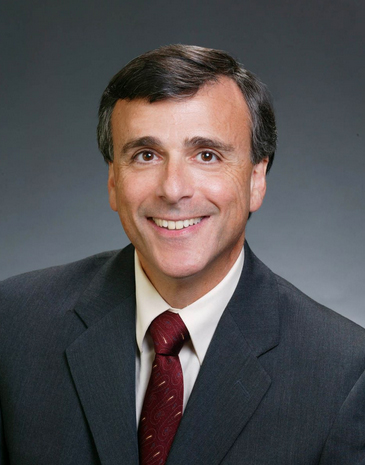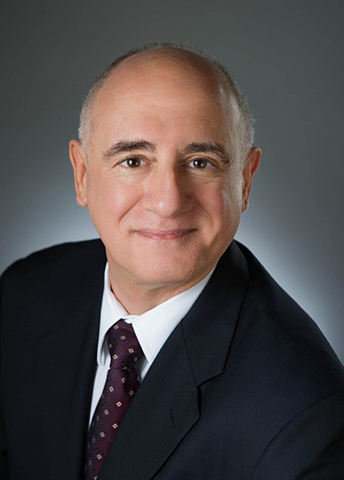
Rusty Selix
Executive Director, Legislative Advocate
California Council of Community Mental Health
In April 2012, Fred Paroutaud, a California man with no history of mental illness, experienced a psychotic episode. Mr. Paroutaud was hospitalized and diagnosed with bipolar disorder. Just 72 hours after he was admitted, and despite the fact that he was still experiencing hallucinations, he was discharged and referred to outpatient group therapy. Because his condition remained unstable he requested alternate therapy and one-on-one sessions with a psychiatrist. He was denied both by his health plan and his condition deteriorated.
Concerned by his worsening depression, his wife appealed to the health plan again and again. She pleaded that her husband required more supervised and personalized treatment. While waiting for an appointment with his psychiatrist, and just two months after his first psychosis, he died by suicide.













Connect With Us